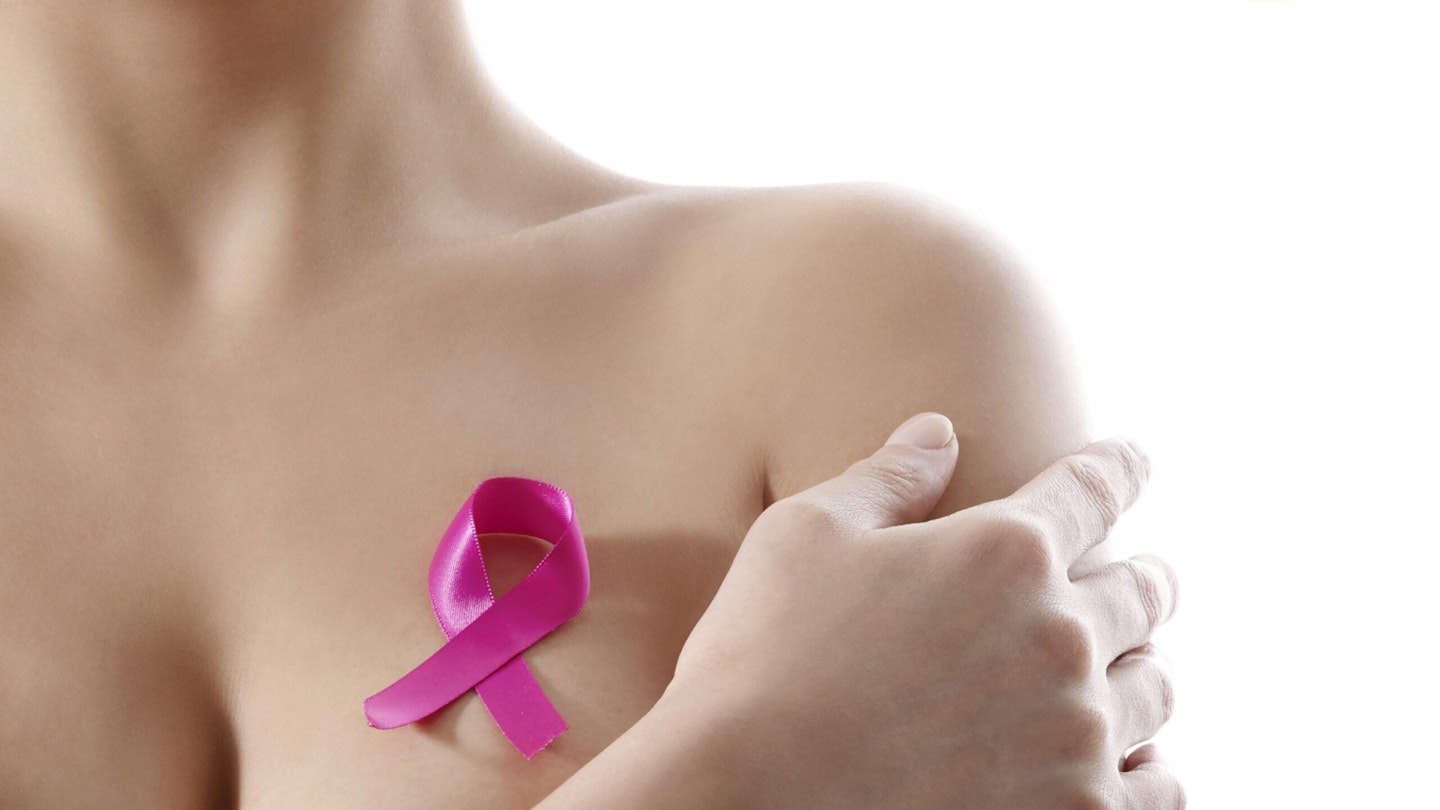Sadly, not all breast cancer cases are preventable. But did you know that some are — just by making a few changes to your lifestyle?
In the wake of the COVID-19 pandemic comes a new crisis. The NHS is facing a backlog of breast cancer cases, caused by huge delays in screening and treatment services.
An estimated 11,000 people missed a diagnosis in the year we stayed at home, and the number of women with suspected breast cancer given an urgent referral fell by more than 20,000 compared to 2019.
It is thought this could set back survival rates significantly.
While the majority of breast cancers would develop no matter what lifestyle choices
are made, astonishingly over 25 per cent of breast cancer cases could be prevented. Yet a Breast Cancer UK poll suggested over half the nation are unaware that any breast cancers can be prevented through lifestyle changes.
Breast cancer is now the most common cancer in the UK, and an estimated one in seven women will be diagnosed in their lifetime. This means it’s important to understand the risk factors and lifestyle changes which could help prevent more than 13,000 cases a year, saving lives and reducing the annual cost to the NHS by an estimated £1.5billion.
Breast Cancer UK is the only UK breast cancer prevention charity raising awareness of how diet, lifestyle and exposure to harmful chemicals found in the environment and everyday products, can impact risk.
Thalie Martini, CEO of Breast Cancer UK, says: ‘Sadly, not all breast cancer will be prevented through changes to lifestyle. However, implementing lifestyle changes can lower a person’s risk.
‘With the pandemic taking its toll on screening and treatment services, breast cancer is now a health emergency that we can all do our bit to reduce.
‘While we now understand more about how breast cancer develops, limited attention is given to prevention. Yet incidence rates remain high, despite the evidence that over 25 per cent of cases are preventable, which clearly suggests something in our lifestyles and our environment is contributing to the increase in numbers.’
Thalie emphasises the importance of maintaining a healthy weight, eating well, staying physically active, avoiding alcohol and reducing our exposure to harmful chemicals found in everyday products. Doing these things will make a huge difference in reducing risk.
She explains: ‘Quite simply, if we all started to make simple changes to our daily lives now, thousands of us could avoid getting a diagnosis in the future.
‘Lifestyle changes can make
a difference to women of any age. And the older we get, the more our risk of developing breast cancer increases, so it is never too late or too soon to make the changes which may save your life.’
Edited by Kim Willis
TOP TIPS — The lifestyle tweaks to make NOW
Small changes can make a BIG difference
Get moving
Aiming for between 150-300 minutes of physical activity a week helps reduce breast cancer risk, because exercise improves our immune function and reduces chronic inflammation.
Eat well
Maintaining a healthy weight is key. Weight gain and obesity in post-menopausal women and in men increases breast cancer risk significantly. Eat plenty of fruit and veg and limit processed foods and red meat.
Drink less alcohol and give up smoking
Alcohol is a serious risk factor for breast cancer. Avoid binge drinking and try to have some alcohol-free days every week. Tobacco smoke contains numerous carcinogens known to cause breast cancer and is especially harmful in combination with drinking.
Get some sun
Vitamin D is important not only for breast cancer prevention but general health. Sunshine is the main source, but other sources include oily fish and supplements.
See breastcanceruk.org.uk/reduce-your-risk/lifestyle for more.
Take a quiz and receive a free personalised prevention plan at breastcancerprevention.org.uk
